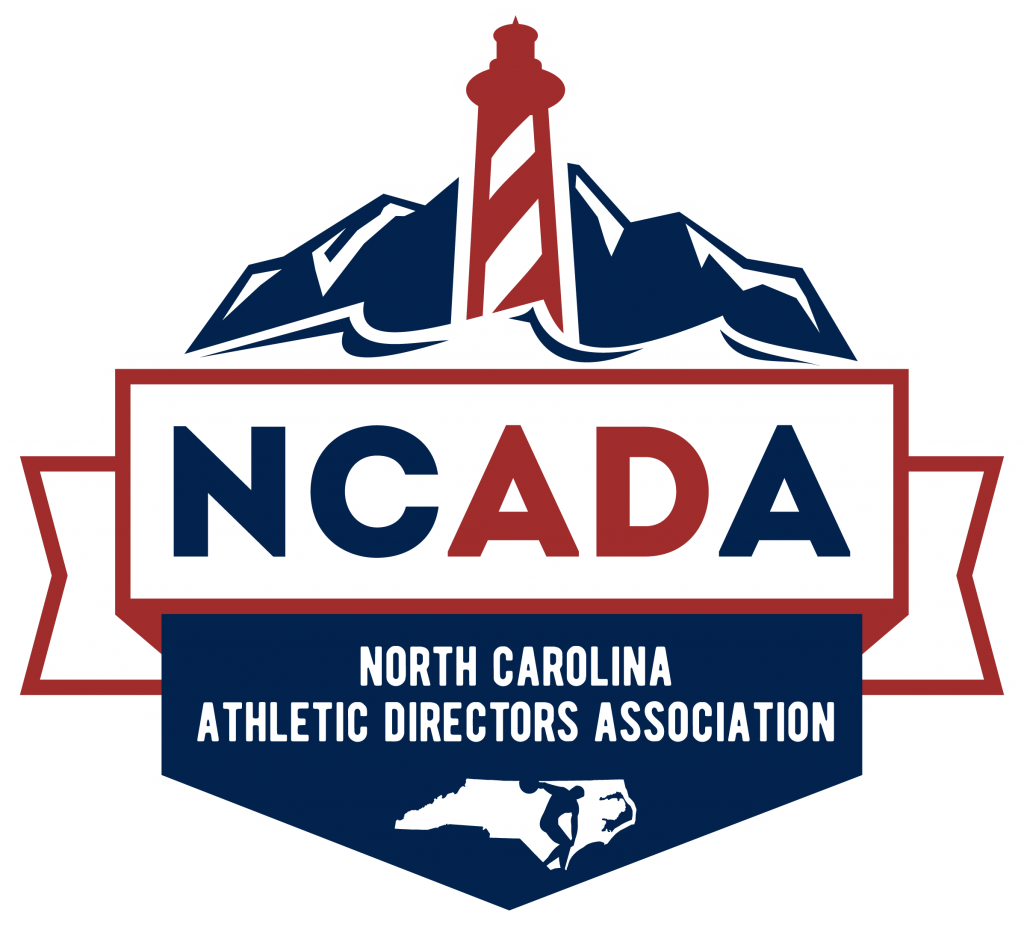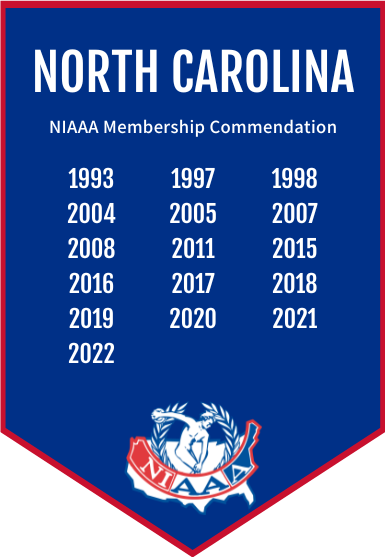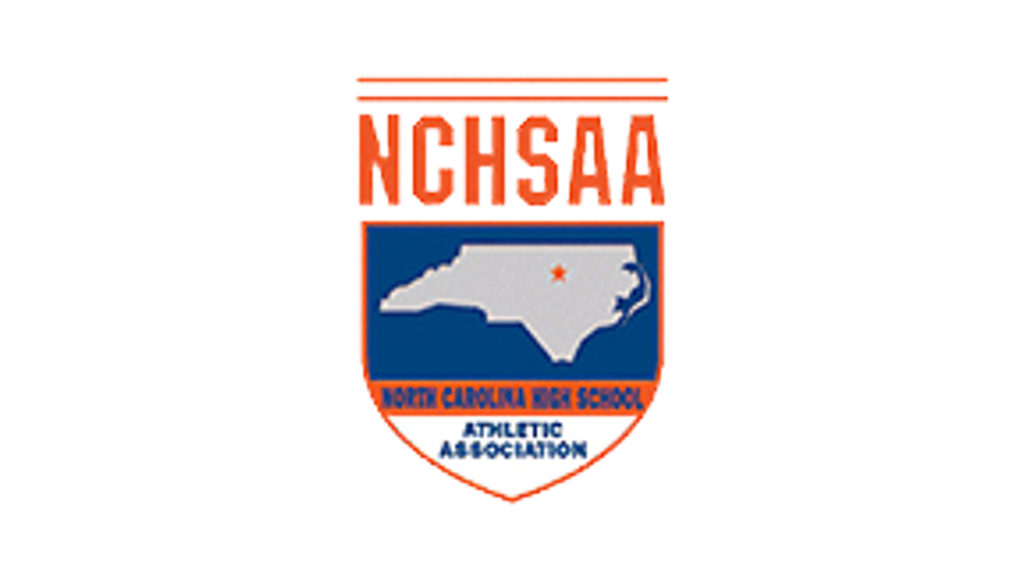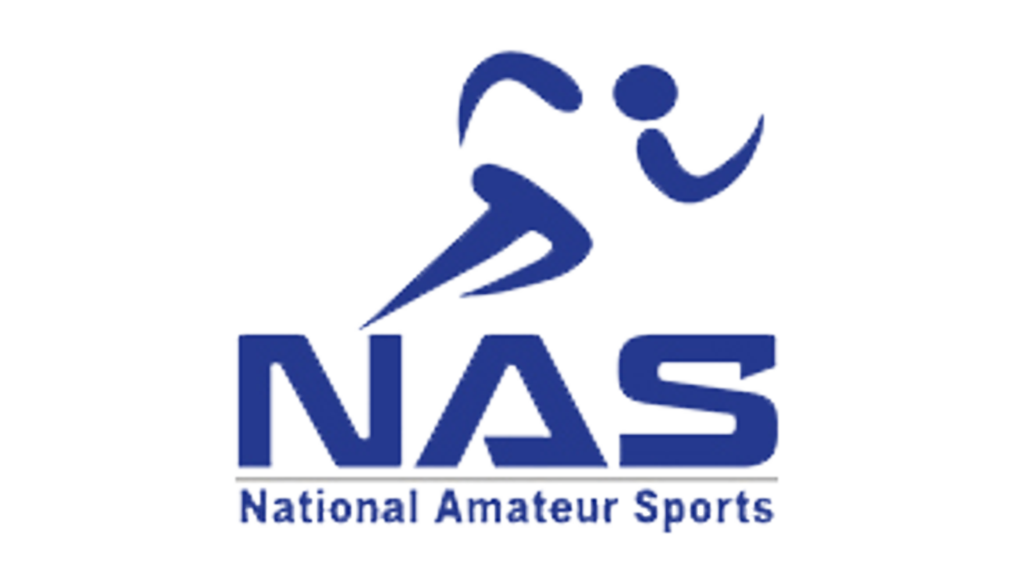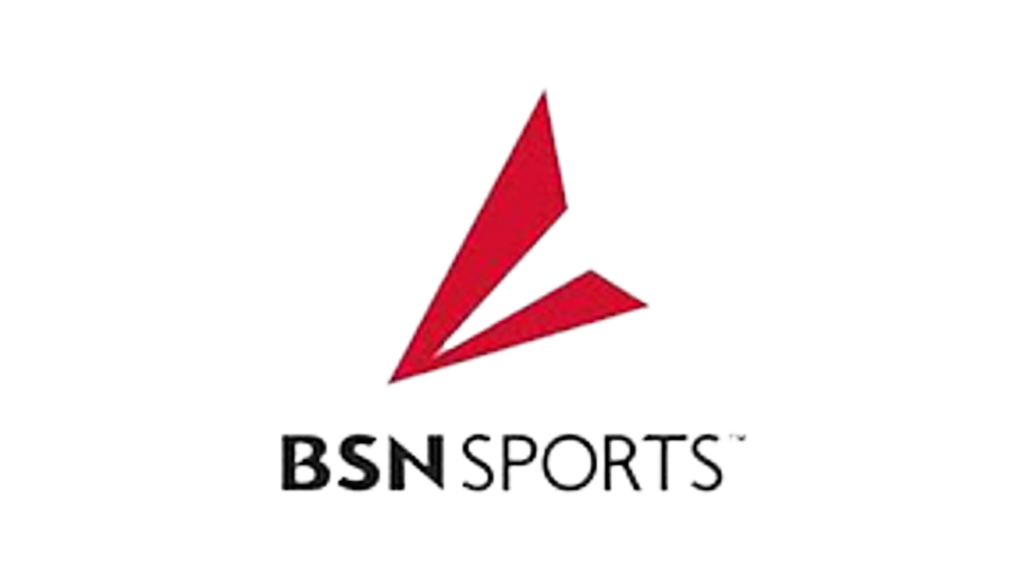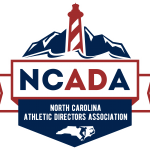Operational Responsibilities
The day-to-day duties of the athletic administrator. Veteran colleagues can be helpful mentors who can provide ideas about the best practices and assess one’s processes.
Athletic Schedules
Scheduling is a complex task that requires organization, collaboration, flexibility, and continual patience to survive inclement weather and facility conflicts. Using athletic scheduling software allows schedules to be entered once and then be shared by coaches, staff, parents, and the community. When changes are made, they are updated in real-time to the site. The software will allow the user to build several different types of scheduling reports based on the needs of the district.
Organization is another key aspect the scheduling software can help provide. The software allows the athletic director and other administrators the ability to see all the events taking place within the department at any given time. The entire department can access the system, and each coach, athletic trainer, secretary, and facility coordinator can have their log-in rights. Because the software is web-based the information is always current and accessible from any location with the internet. The software aids in organizing facilities as well. The schedule feature will alert the user when a facility is already hosting an event. Each facility/school in the district can generate reports. The facility report can identify how many events are scheduled by the day, week, or year.
Stakeholders can print directions to events and games and receive push notifications (game/site changes or cancellations).
Transportation
Providing activity bus transportation for student-athletes requires significant cooperation and timely communications to ensure athletes are safely transported to and from athletic contests. Please refer to your local board of education and district policies concerning using buses, vans, and/or personal vehicles and driver qualifications.
Links and Resources:
Athletic Officials
Per NCHSAA standards, schools are to use only NCHSAA-registered officials working through an approved NCHSAA Officials Association Regional Supervisor (RS). Schedules are due to Regional Supervisors by 5/15 for Fall Sports, 10/15 for Winter Sports, and 1/15 for Spring Sports.
Game fees and booking fees will be paid as approved by the NCHSAA.
Links and Resources:
****************************
Insurance
The school system purchases accident insurance to cover student-athletes in secondary school interscholastic athletic activities (practice, off-season workouts, and contests). Adequate insurance coverage for an athlete is the responsibility of the parent or guardian. It must be clearly understood that no accident insurance plan is comprehensive.
Check with your local education administration unit for the exclusions and limits of coverage.
